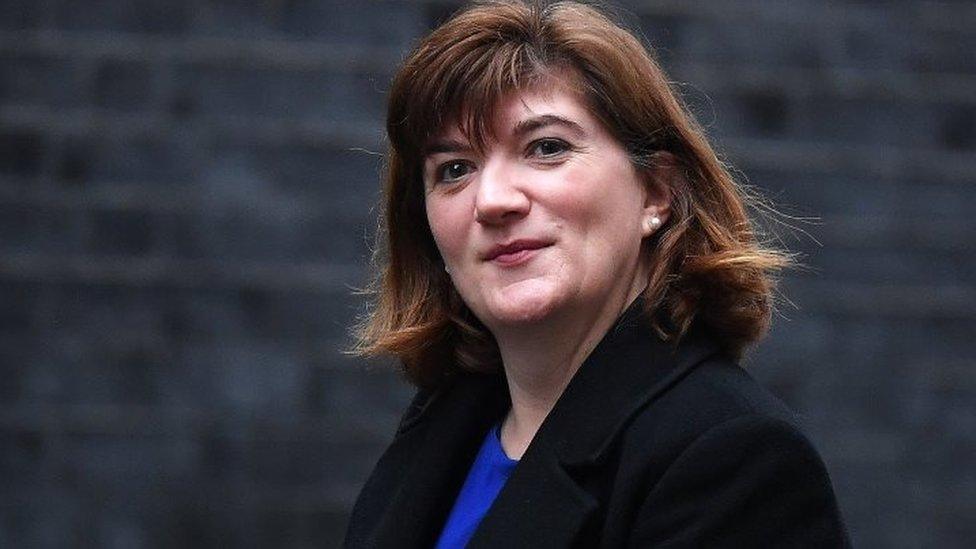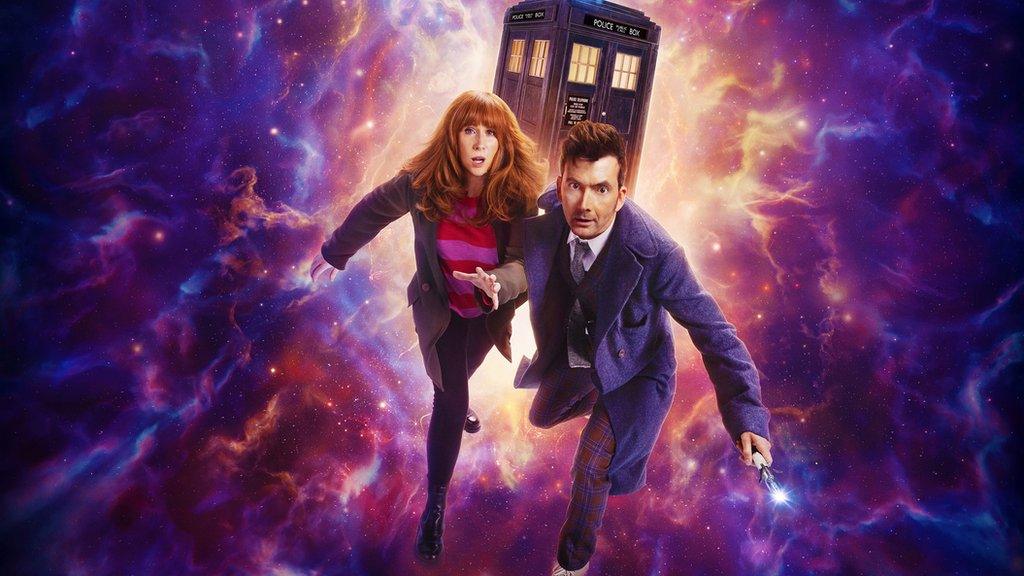BBC 'must reflect nation' says new culture secretary Oliver Dowden
- Published
- comments
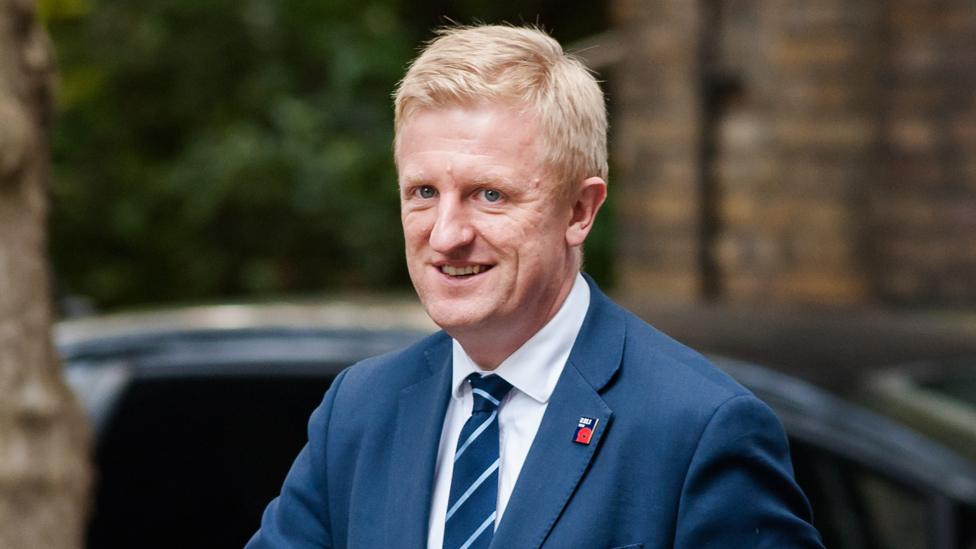
New UK Culture Secretary Oliver Dowden has said the BBC needs to do more to reflect the country's "genuine diversity of thought and experience".
Mr Dowden, who recently succeeded Nicky Morgan, made the comments in his first speech in the role on Thursday.
He also warned that the broadcaster must "guard its unique selling point of impartiality in all of its output".
And he questioned whether the BBC is "ready to embrace proper reform to ensure its long-term sustainability".
His comments come amid a debate about the future funding of the corporation.
The government is currently consulting on proposals to decriminalise TV licence fee evasion, while negotiations for the next licence fee settlement are due to take place.
Mr Dowden told Thursday's Media and Telecoms 2020 & Beyond conference that audiences should "cherish" the unique contribution made by public service broadcasters.
The 41-year-old compared the BBC to the NHS in terms of its national cultural importance, but pointed out the need for it to change in order to stay relevant.
"If we're honest, some of our biggest institutions missed, or were slow to pick up, key political and social trends in recent years," Mr Dowden said.
"The BBC needs to be closer to, and understand the perspectives of, the whole of the United Kingdom and avoid providing a narrow urban outlook.
'Genuine diversity of thought'
"By this, I don't just mean getting authentic and diverse voices on and off screen - although this is important," he added.
"But also making sure there is genuine diversity of thought and experience."
Mr Dowden pointed out the importance of safeguarding impartiality, citing research that suggested some viewers trust other broadcasters such as Sky and CNN more than the BBC.
"Ultimately, if people don't perceive impartiality, then they won't believe what they see and read and they'll feel it is not relevant to them.
"In an age of fake news and self reinforcing algorithms, the need for genuine impartiality is greater than ever."
While saying it needs to re-find its place in the age of streaming and subscription sites like YouTube and Netflix, he will conclude that "the BBC is an institution to be cherished".
"We would be crazy to throw it away but it must reflect all of our nation, and all perspectives."
BBC News announced in January it will cut around 450 jobs in line with its £80m savings target by 2022.
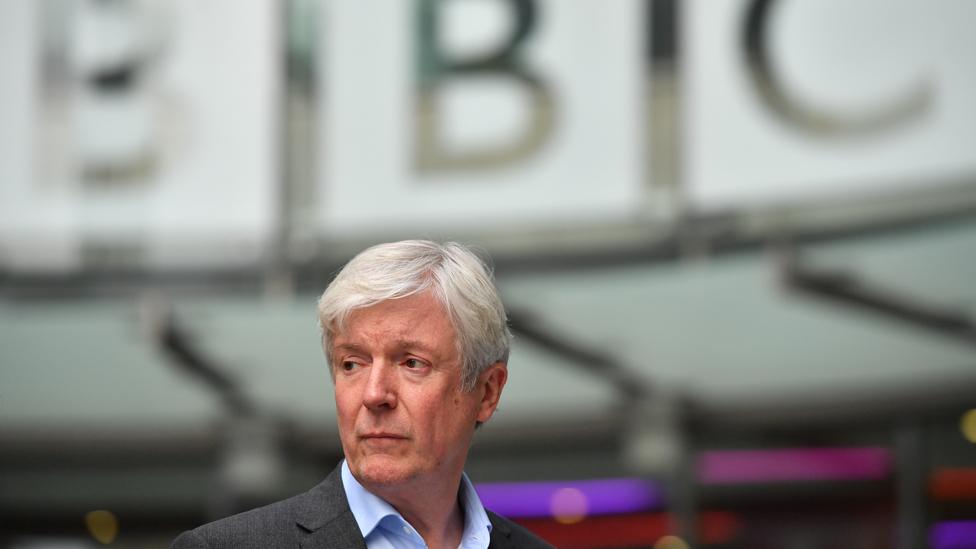
Speaking at a Q&A on Thursday, director general Tony Hall said the BBC had "constantly reformed itself" - from radio to television, 24-hour news and online, as well as iPlayer and BBC Sounds - and that reform would be "continuous".
He said: "Constant reform is what the BBC is about."
The BBC is still "the most trusted news source", he said.
But he added: "We should always listen to what people say to us about our impartiality and we should be open to people criticising what we do.
"There is more of a need for the BBC today than at any point in our history... It's the best antidote to fake news."

Follow us on Facebook, external or on Twitter @BBCNewsEnts, external. If you have a story suggestion email entertainment.news@bbc.co.uk, external.
- Published17 February 2020
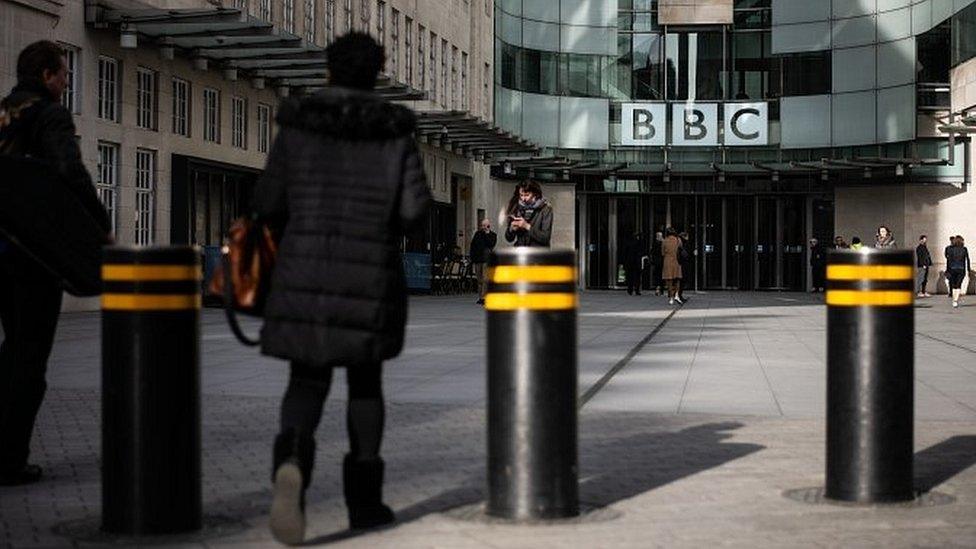
- Published5 February 2020
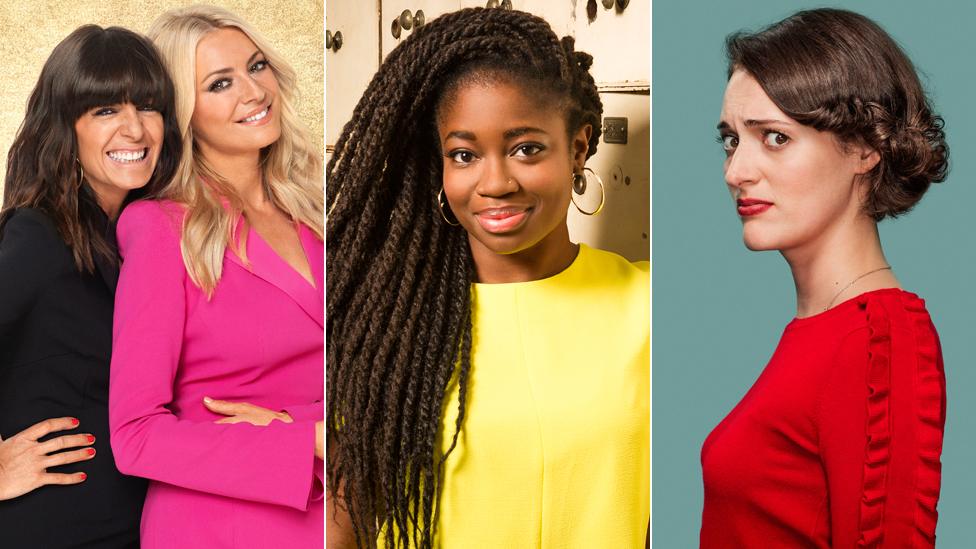
- Published3 February 2020
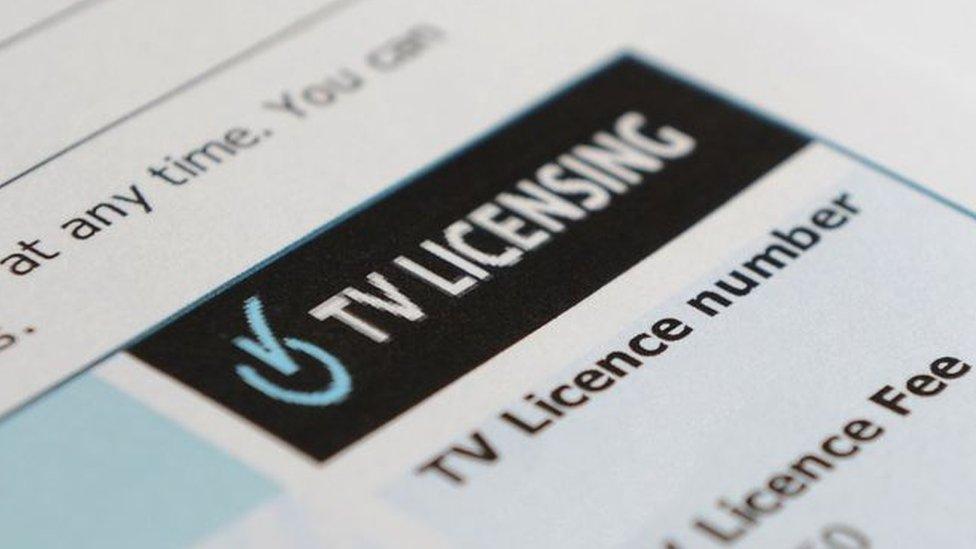
- Published29 January 2020
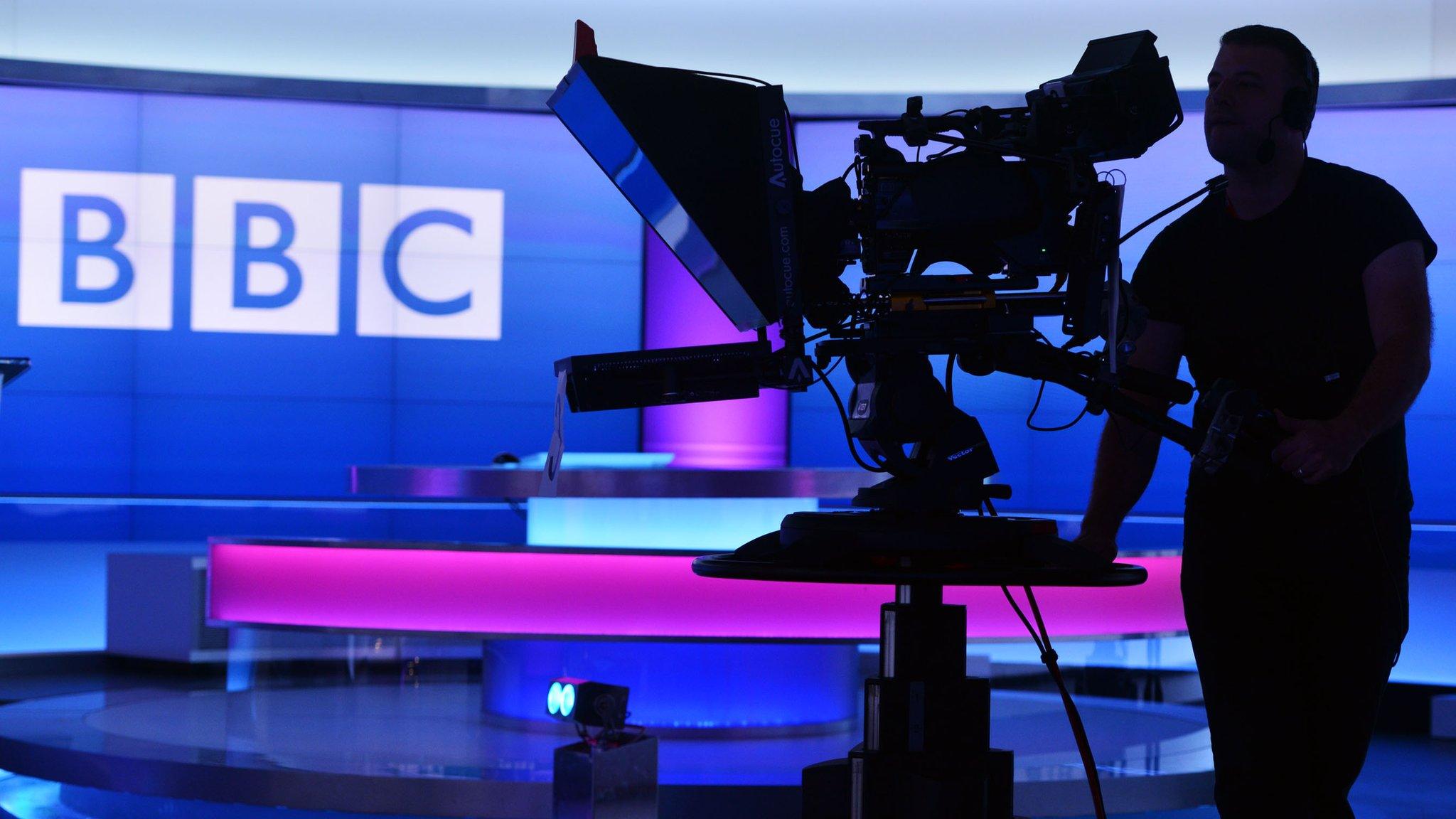
- Published23 January 2020
